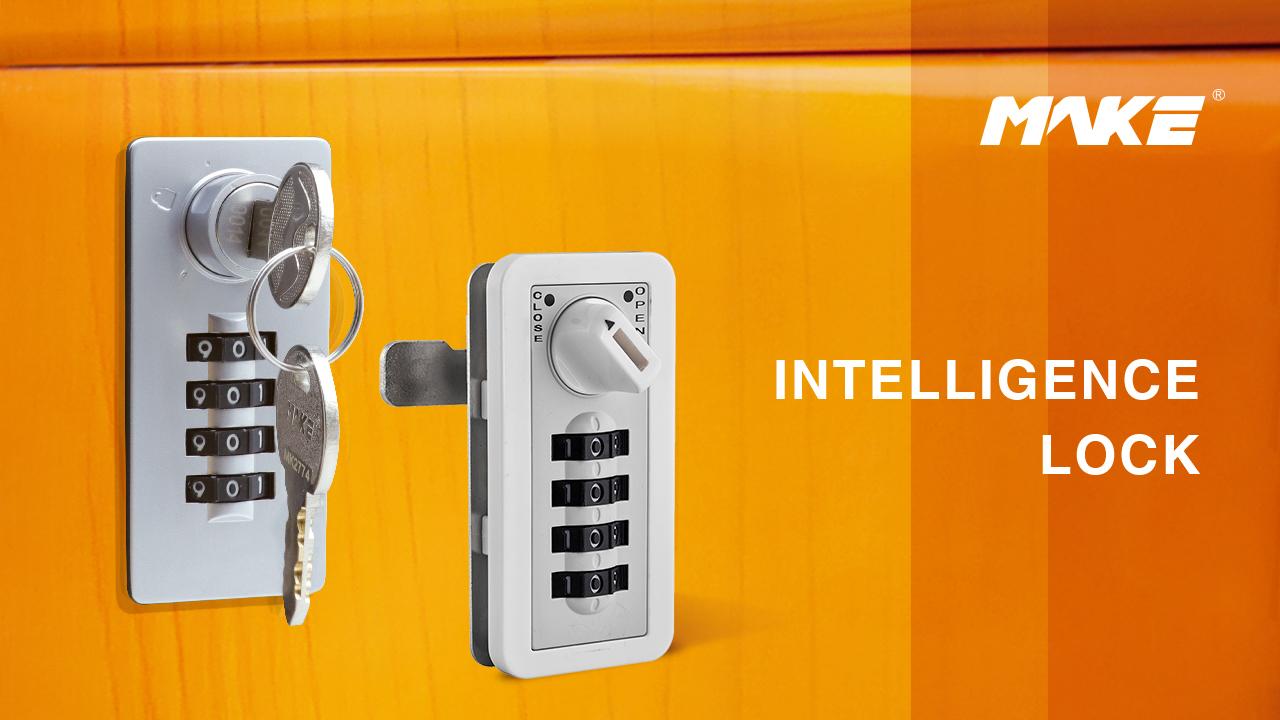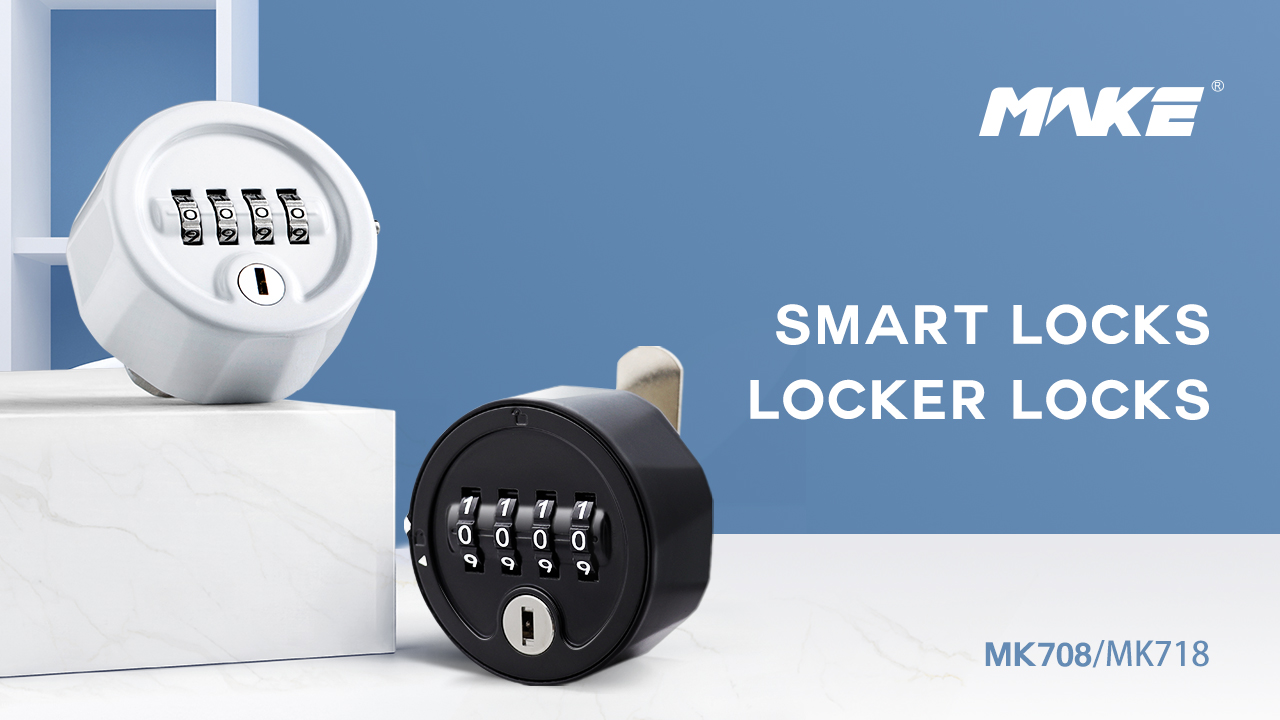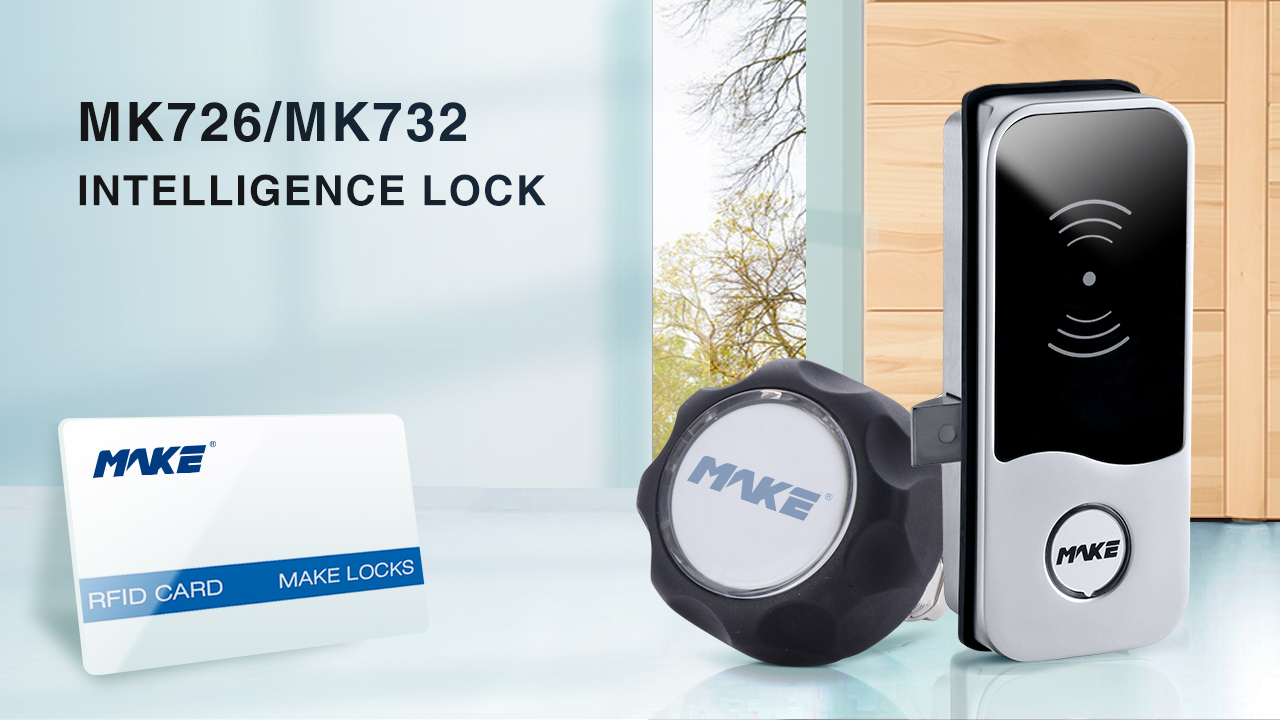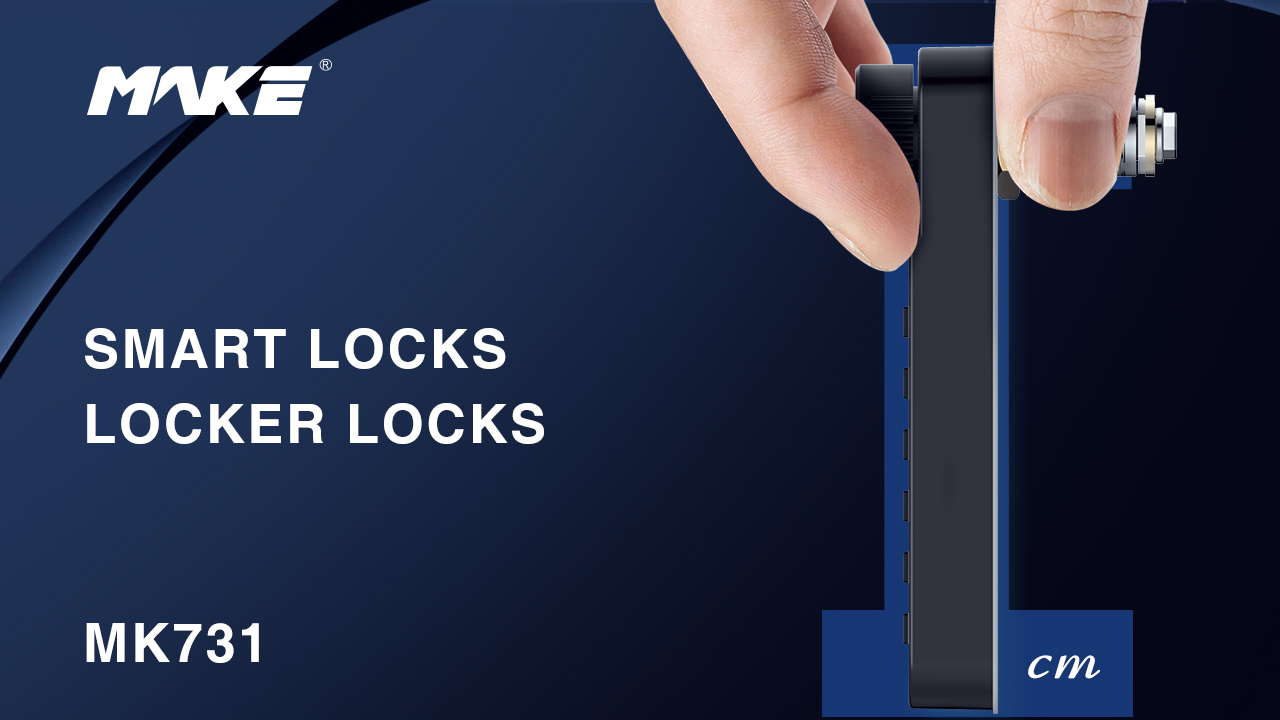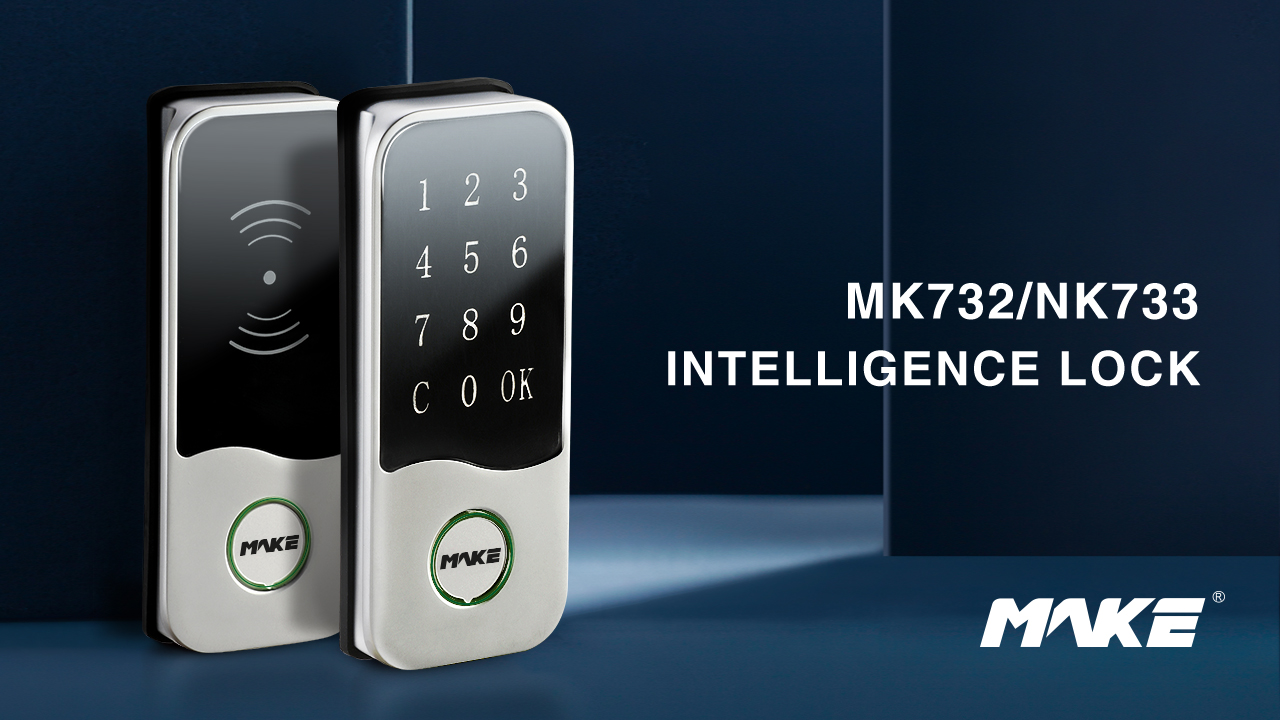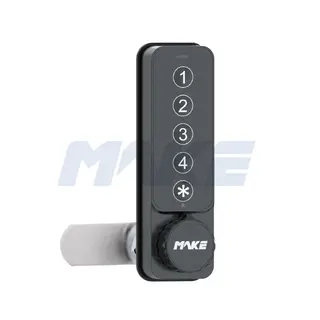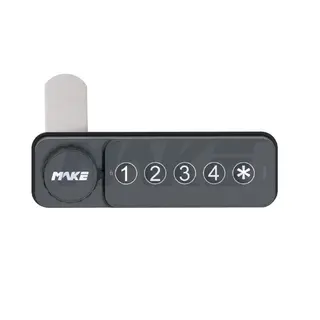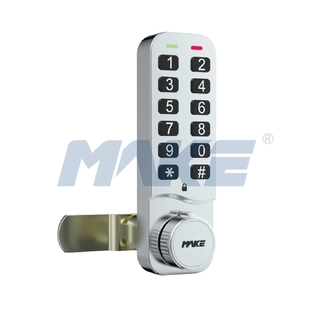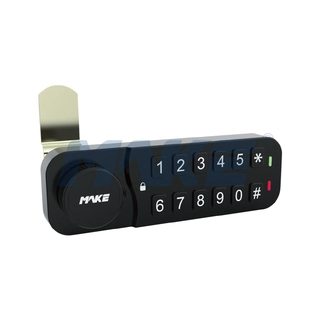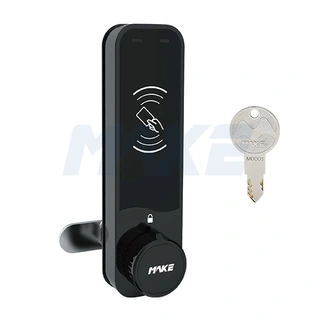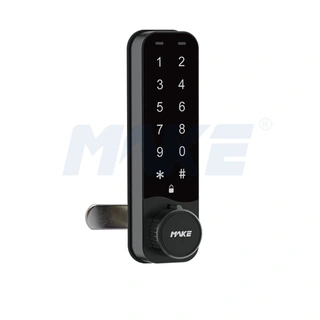1-6 of 36 results
Make Locks is a leading manufacturer in China, specializing in intelligent locker locks and mechanical locker locks designed for maximum security, durability, and ease of use. Our intelligent locker lock series offers modern, keyless access solutions, including RFID locker locks, fingerprint locker locks, and code keypad locker locks, delivering advanced protection and flexible access control for offices, high-end lockers, and public storage facilities. For cost-effective options, our mechanical series includes digit combination locks, which are battery-free and ideal for gyms, libraries, supermarkets, and clubs, as well as coin-operated locker locks, widely used in retail and short-term storage environments. Combining innovation with reliability, Make Locks ensures every product is crafted to meet the highest standards of performance and safety. Trusted worldwide, we provide tailored locker lock solutions for public, commercial, and private applications, making us the preferred choice for secure and user-friendly storage systems.
Locker locks are a fundamental component of securing personal belongings in a variety of settings, including workplaces, gyms, schools, and public facilities. Their primary function is to prevent unauthorized access and ensure that users' valuables remain safe. However, the locker lock market has grown tremendously, offering a wide range of locking mechanisms that can be confusing for consumers and facility managers alike. This comprehensive guide aims to demystify locker locks by exploring the different types available, their features, applications, and key considerations to help you make an informed choice.
Locker locks are security devices designed to secure lockers, cabinets, and storage compartments, restricting access to authorized users only. As the locker industry has expanded and diversified, so too has the variety of locker locks, ranging from traditional mechanical designs to advanced electronic models. Today, the two most common types are mechanical locks and electronic locks, each offering distinct advantages depending on the usage environment and security needs.
Mechanical locker locks have been a trusted security solution for decades due to their simplicity and reliability. These locks function through purely mechanical means, requiring no batteries or electronic components, which makes them highly durable and low-maintenance. Common types of mechanical locks used in lockers and storage cabinets include:
Cam Locks: These are the traditional type of locks often seen on storage cabinets and lockers. They operate by turning a cam, which moves behind the locker door frame to secure it.
Wave Wheel Password Locks: These locks feature a rotating dial or word wheel that users turn to enter a numeric or alphabetical combination. They offer the convenience of keyless operation while maintaining mechanical simplicity.
Password Padlocks: Portable locks equipped with combination dials, ideal for securing gym lockers, school lockers, or personal storage.
Coin Locks: Commonly used in public facilities such as supermarkets or swimming pools, these locks operate by inserting a coin, which is returned when the locker is vacated, providing an easy pay-to-use system.
Ease of Installation: Mechanical locks require no electrical connections or programming, making them simple to install and maintain.
Mechanical Reliability: Because they lack electronic components, mechanical locks are immune to power failures or electronic malfunctions.
Cost-Effectiveness: Generally more affordable upfront than electronic alternatives.
Key Dependency: Traditional mechanical locks require users to carry a physical key, which can be lost or forgotten.
Limited Features: They lack advanced functionalities such as remote access, user management, or audit trails.
Electronic locker locks are the modern alternative, integrating digital technologies to enhance security, usability, and flexibility. MAKE, a leading manufacturer in the field, offers a comprehensive range of electronic locks featuring cutting-edge technologies such as Bluetooth and NFC (Near Field Communication), which provide seamless and secure user experiences.
Common types of electronic locks include:
RFID Locks: Users gain access by presenting an RFID card or fob, which communicates wirelessly with the lock to grant entry. This contactless technology is fast and hygienic.
Key Password Locks: These locks require a numeric code to be entered on a keypad, eliminating the need for physical keys and allowing users to set and reset their access codes as needed
Fingerprint Locks: Utilizing biometric technology, these locks identify users based on fingerprint recognition, offering a high level of personalized security
Bluetooth and NFC Locks: These innovative locks allow users to unlock via their smartphones, using dedicated apps or contactless communication, providing maximum convenience.
Flexibility: Many electronic locks allow switching between public mode (where multiple users can access with a shared code) and private mode (where a unique code or biometric data restricts access to a single user).
Keyless Convenience: Eliminates the need for physical keys, reducing the risk of lost or stolen keys.
Emergency Access: Despite their digital nature, electronic locks often come with an emergency mechanical key option, ensuring access can be restored if passwords are forgotten or electronic components fail.
Enhanced Features: Advanced options include audit trails (logging who accessed the locker and when), remote management, and integration with facility management systems.
Waterproof Capabilities: Many of MAKE's electronic locks meet the IP65 waterproof rating, making them suitable for wet environments such as bathhouses, saunas, natatoriums, and outdoor installations—places where mechanical locks would typically degrade quickly.
Locker locks are highly versatile and can be installed on a variety of locker types and cabinet materials, including:
Wooden Cabinets: Common in offices, schools, and personal storage spaces.
Plastic Cabinets: Often found in lightweight storage or portable lockers.
Tin and Metal Cabinets: Frequently used in industrial and gym locker rooms.
Other Custom Cabinets and Door Panels: Adaptable to various enclosure types.
These locks are widely applied in numerous environments such as:
Gyms and Fitness Centers: To safeguard personal belongings during workouts.
Libraries and Schools: For secure storage of books and personal items.
Workplaces and Offices: Protecting employees’ possessions and confidential materials.
Public Facilities: Including swimming pools, saunas, and recreational centers.
Retail and Supermarkets: Particularly where coin-operated lockers provide short-term storage solutions.
When selecting the ideal locker lock, several factors come into play:
Mechanical Locks are best for those who prefer simplicity, mechanical robustness, and a lower upfront cost. They are ideal for environments where electronic maintenance could be challenging or costly.
Electronic Locks suit users who desire flexibility, keyless operation, and advanced features like biometric access and smartphone control. They are preferred in high-end or frequently accessed environments where security and convenience are critical.
Consider whether users are comfortable managing keys or if keyless access is preferable.
Account for environmental conditions. Wet or humid environments require waterproof solutions, favoring IP65-rated electronic locks.
Assess the level of security needed. Biometric and RFID locks offer higher security than traditional mechanical locks.
Ensure the lock includes emergency override options, such as mechanical keys or probes, to regain access if users forget codes or lose credentials.
Think about maintenance logistics: mechanical locks need less technical upkeep, while electronic locks may require software updates and battery replacements.
Choosing the right locker lock can sometimes be complex, given the variety of products and technologies available. MAKE offers expert consultation services to help customers select the most suitable locker locks tailored to their specific needs, environments, and user behaviors.
Whether you require a straightforward mechanical lock for a small facility or an advanced electronic locking system for a high-traffic gym or corporate office, MAKE’s team provides comprehensive support to ensure you get the safest, most user-friendly solution.
Security – Whether electronic or mechanical, all our locks are built to provide reliable protection against unauthorized access.
Convenience – Keyless designs save time and eliminate the need for key management.
Adaptability – Our products fit a variety of locker materials and configurations.
Durability – Manufactured with high-quality materials to withstand frequent use in demanding environments.
From high-tech RFID systems to simple and reliable mechanical solutions, Make Locks delivers a full range of locker locking mechanisms that combine functionality, style, and robust performance. Whether you are outfitting a corporate office, gym, school, retail space, or public facility, our products provide a secure and user-friendly solution tailored to your needs.
At Make Locks, we are committed to continuously developing innovative and practical locking systems to meet the evolving demands of our customers worldwide.
Locker locks play a vital role in securing personal and valuable items across many sectors. By understanding the distinctions between mechanical and electronic locks, their advantages and limitations, and their best applications, users and facility managers can confidently select the right product. With innovative features, robust designs, and expert support from manufacturers like MAKE, securing your lockers has never been easier or more reliable.
If you have any questions or want tailored recommendations, MAKE is ready to assist you in finding the ideal locker lock solution to meet your security and convenience needs.
Some of MAKE's Locker Lock Image Designs
